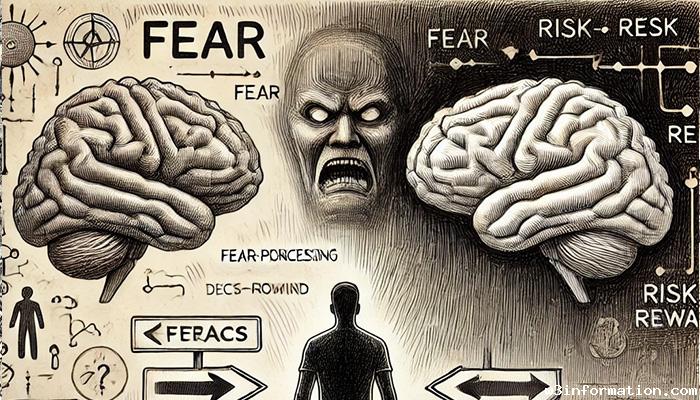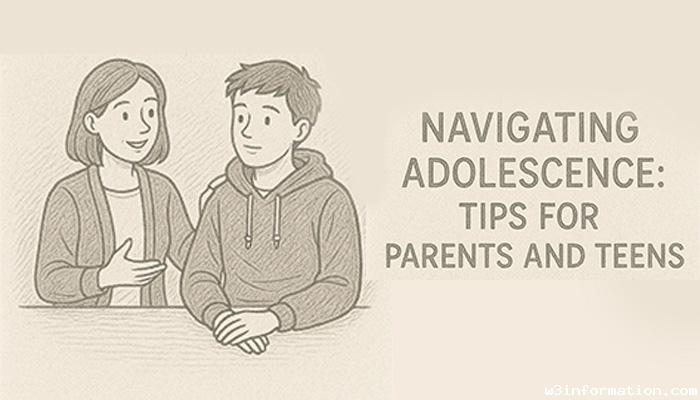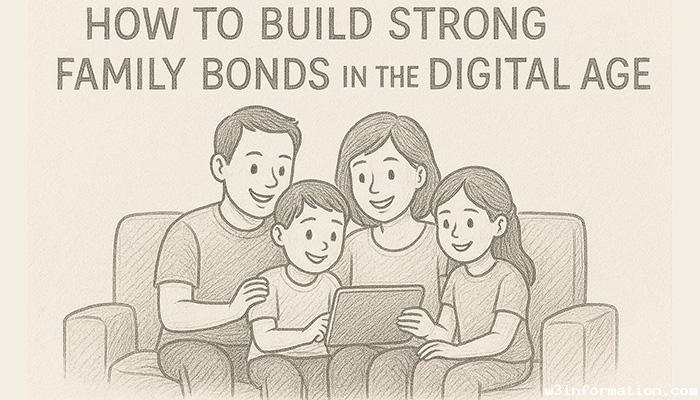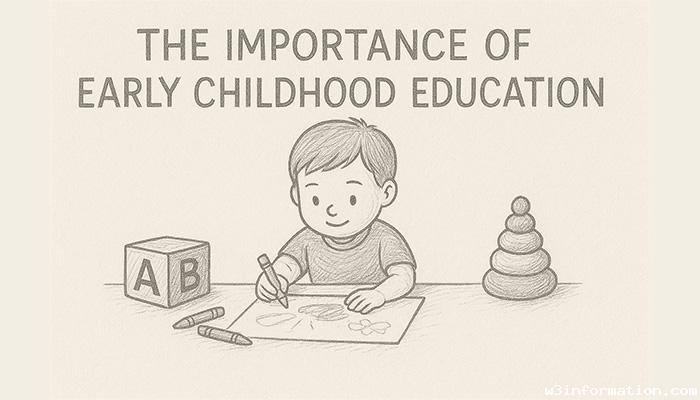How Fear Influences Decision Making
Fear functions as a strong emotional force which dramatically alters the way humans behave and make choices. The presence of fear from actual threats or imagined dangers affects people’s risk assessment methods and both their information processing and decision-making actions. Our blog examines how fear operates psychologically and affects decision-making across multiple situations.
The Psychology of Fear
Definition and Function
When faced with a threat the body responds emotionally through fear which activates the fight-or-flight system. Fear performs an evolutionary role which enables people to evade danger and stay alive in threatening scenarios.
Biological Mechanisms
Amygdala Activation: The amygdala plays a critical role in fear processing and launching defensive actions.
Hormonal Responses: Adrenaline and cortisol work as stress hormones to increase both alertness and preparedness for action.
Nervous System Activation: The autonomic nervous system trains the body to react rapidly.
Fear’s Role in Decision Making
Risk Perception
Fear warps risk perception which leads to an inflated view of possible dangers. People may:
Overestimate unlikely dangers.
People should steer clear of risks even in situations where the potential benefits surpass possible dangers.

Cognitive Processing
Narrowed Focus
Fear reduces attention span to immediate dangers while restricting broader information processing capabilities.
Impaired Logical Thinking
When fear activates it disrupts advanced cognitive functions which results in emotionally driven decisions instead of those based on logical evaluation.
Avoidance Behavior
People frequently choose to avoid situations that cause anxiety because fear drives them away from circumstances that bring discomfort.
Contexts Where Fear Influences Decisions
Personal Life - Relationships
When people fear rejection or vulnerability their decisions often emphasize safety above emotional bonds by avoiding deep emotional connections.
Career Choices
The fear of being judged or failing often stops people from reaching for their highest aspirations which in turn restricts their personal and professional development.
Financial Decisions
Fear impacts financial behavior, such as:
- Avoiding investments due to perceived risks.
- Panic selling during market downturns.
Health Decisions
People may postpone medical treatment because of diagnosis anxiety but preventive actions can be stimulated by fear-based health campaigns.
Social and Political Contexts
Media Influence
News outlets that sensationalize events can raise public fear which then molds public opinion and directs policy-making decisions.
Voting Behavior
Political campaigns commonly manipulate fear to influence voting behavior by highlighting national security risks or economic instability concerns.
Overcoming Fear-Based Decision Making
Awareness and Acknowledgment
To lessen fear’s impact requires first understanding its effects. Through mindfulness and self-reflection people are better able to recognize responses that are based on fear.
Emotional Regulation
Methods like deep breathing practices together with meditation exercises and cognitive reframing processes help to diminish the strength of fear and enable clearer cognitive processing.
Seeking Information
Obtaining reliable information enables people to overcome fear-based misjudgments and make decisions with better knowledge.
Incremental Steps
When decisions are divided into smaller stages people can conquer their fears and develop greater self-assurance as time passes.
Research Insights and Future Directions
Neuroscience of Fear
Brain imaging advancements provide insights into the influence of fear circuits on decision-making mechanisms.
Behavioral Interventions
Studies focused on fear reduction methods including exposure therapy reveal effective approaches to enhance decision-making abilities.
Cultural Perspectives
Research across different cultures examines the influence of social norms and cultural values on how people respond to fear and make decisions.
Conclusion
Fear serves as a dual-force in decision-making which provides protection while simultaneously creating limitations for individuals. Through comprehension of its mechanisms and control over its impact people achieve more balanced and informed decision-making. The acknowledgment of fear's function improves both personal decision-making abilities and encourages growth and resilience amid uncertain circumstances.
 Top 10 Comfort Foods to Try This Winter
Top 10 Comfort Foods to Try This Winter
 Top 10 Christmas Destinations Around the World
Top 10 Christmas Destinations Around the World
 Navigating Adolescence: Tips for Parents and Teens
Navigating Adolescence: Tips for Parents and Teens
 How to Start a DIY Craft Project on a Budget
How to Start a DIY Craft Project on a Budget
 How to Build Strong Family Bonds in the Digital Age
How to Build Strong Family Bonds in the Digital Age
 The Importance of Early Childhood Education
The Importance of Early Childhood Education